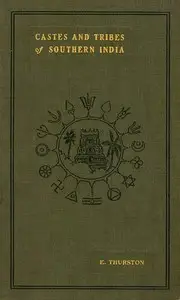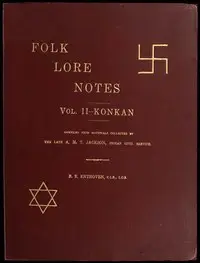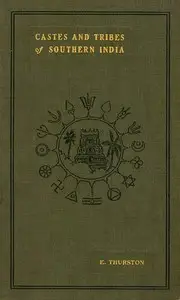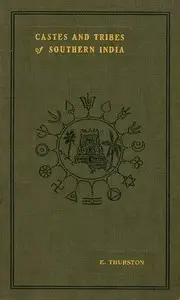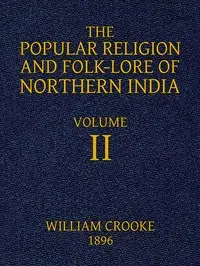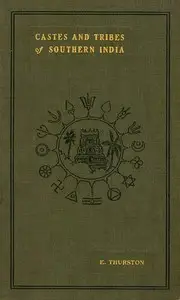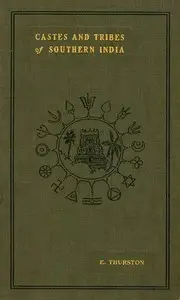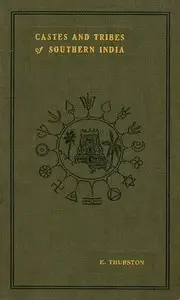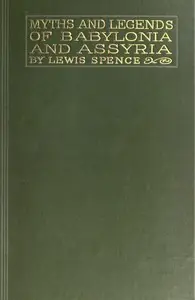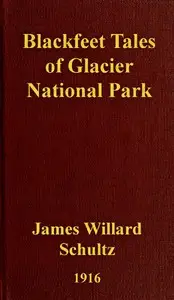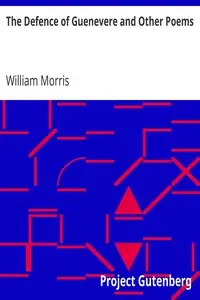"Omens and Superstitions of Southern India" by Edgar Thurston is a deep look into the old beliefs and customs of South India in the early 1900s. It looks at omens and superstitions found in Madras, Travancore, and Cochin. Thurston uses observations and stories to show the importance of these beliefs in people's lives. The book starts by explaining the wide range of omens related to everyday actions and bodily sensations, especially when it comes to important life events like weddings or journeys. It gives examples of animals and objects seen as good or bad signs based on local stories. Thurston points out how important omens are to different groups of people, showing how they affect daily choices and customs. This sets the stage for an investigation of the superstitions that form South Indian culture, giving readers a view of the many beliefs that affect society.
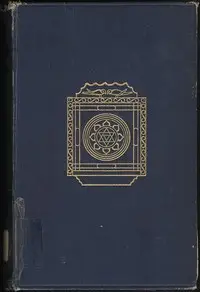
Omens and Superstitions of Southern India
By Edgar Thurston
Explore a world where the twitch of an eye or the call of a bird dictates destiny, guiding the lives of people through a maze of ancient signs and wonders.
Summary
About the AuthorEdgar Thurston was the British Superintendent at the Madras Government Museum from 1885 to 1908 who contributed to research studies in the fields of zoology, ethnology and botany of India, and later also published his works at the museum. Thurston was educated in medicine and lectured in anatomy at the Madras Medical College while simultaneously holding a senior position at the museum. His early works were on numismatics and geology, and these were later followed by researches in anthropology and ethnography. He succeeded Frederick S. Mullaly as the Superintendent of Ethnography for the Madras Presidency.
Edgar Thurston was the British Superintendent at the Madras Government Museum from 1885 to 1908 who contributed to research studies in the fields of zoology, ethnology and botany of India, and later also published his works at the museum. Thurston was educated in medicine and lectured in anatomy at the Madras Medical College while simultaneously holding a senior position at the museum. His early works were on numismatics and geology, and these were later followed by researches in anthropology and ethnography. He succeeded Frederick S. Mullaly as the Superintendent of Ethnography for the Madras Presidency.

